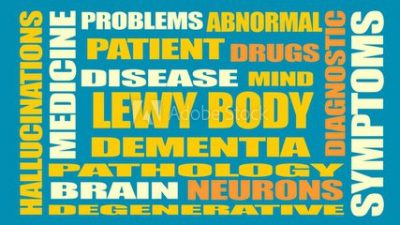Ushering in a New Culture of Change at Pioneer Network
We are honored to be a part of the National Pioneer Network Conference kicking off today in beautiful Denver, Colorado. Ushering in a New Culture of Change promises to be an enlightening and invigorating educational and networking event for participants and those serving the elder care industry. AGE-u-cate® Training Institute will be offering it's internationally acclaimed Dementia Live® Experience and Compassionate Touch® Program to innovators







